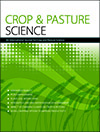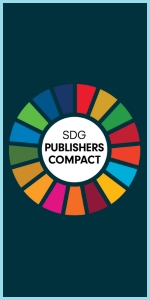Tillering (equivalent to branching in broad leaf species) is promoted by management practices adopted in marginal environments for maize production. Farmers generally consider tillering to be counterproductive for grain yield in maize (Zea mays), but we found that across a wide range of environments, tillering is generally positive or indifferent for grain yield determination. Therefore, farmers should not consider tillering as a conditioning trait when selecting maize hybrids for cultivating this crop in different environments.

Crop & Pasture Science
Volume 75 Number 7 2024
We determined the impact of heading date on persistence of perennial ryegrass cultivars infected with a range of endophytes, in a plot study grazed by cattle. The two late-heading cultivars were more persistent than the two mid-heading cultivars, with higher yield, nutritive value, perennial ryegrass content in pasture dry matter, ground cover and tiller density, although persistence declined over 4 years for all cultivars.
CP23266 Abstract | CP23266 Full Text | CP23266PDF (676 KB) | CP23266Supplementary Material (1.4 MB) Open Access Article
We determined the impact of endophyte strain (standard toxic endophyte, selected strains nea2/6 and AR37), on the persistence of four perennial ryegrass cultivars. Standard endophyte resulted in greater persistence than the selected endophytes, with higher ryegrass ground cover percentage and content in pasture dry matter by the end of the study, and higher herbage yields in autumn. Persistence declined over 4 years for all cultivars, regardless of endophyte.
CP24101 Abstract | CP24101 Full Text | CP24101PDF (749 KB) | CP24101Supplementary Material (1.3 MB) Open Access Article




